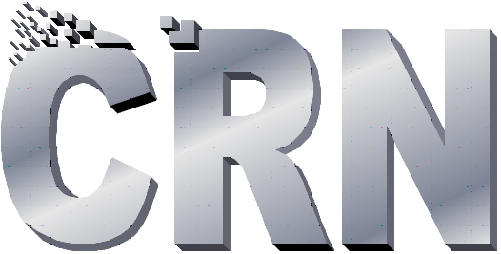Sander Olson Interviews
Deepak Srivistava
CONDUCTED OCTOBER 2001
Question 1: Tell us about yourself. What is your background, what is your
current position at NASA?
I am a senior scientist and technical lead of computational nanotechnology
investigations at NASA Ames Research Center. The other information about my
background and research area is available at:
http://www.nas.nasa.gov/~deepak/home.html
Question 2: How much of the current space shuttle's weight is electronics?
How much space, weight, and energy could be saved by using molecular
electronics?
Molecular electronics may not directly account for much weight reduction per se,
but for low power consumption consideration and multifunctionality
consideration, ME may have a significant role to play in space shuttle or
space-based applications. The effect of multifunctionality and greater
efficiency on space and weight savings could be nonlinear and needs to be
considered in detail.
Question 3: What about questions of reliability? Would molecular
electronics be able to meet the exceedingly rigorous standards of manned
spacecraft, such as the need to operate under extremes of temperature and
radiation?
In general, molecular electronics may not be specifically suitable for harsh
standards for space-based applications, but there are materials and proposals
which could take care of some of these issues.
Question 4: How much effort is NASA putting in to nanotechnology R&D? How
much effort is NASA putting into researching carbon nanotubes?
In the first NNI funding, NASA's share was $20 million. Out of that, there are
programs within NASA, at universities, and setting up new infrastructure for
nanotechnology-based research.
Question 5: How much longer do you believe that Moore's Law will continue?
My guess would be as good as anyone else. In the traditional Si based top-down
technologies it is expected to last for another 10-12 years.
Question 6: What about the mechanical aspects of carbon nanotubes. In
theory, couldn't one imbed carbon nanotubes in a titanium alloy to create an
ideal aerospace material? Do you believe these diamondoid materials could
actually have 50 times the strength/weight ratios of steel?
Yes, pure nanotube based materials have been projected to have the above
strength/weight ratio in the ideal case. In reality, there will degradation in
the ideal scenario due to defects and interface effects. Additionally it is not
yet known what will be the end product of nanotube plus metal composite. This
needs to be investigated before such projections are made for real materials.
Question 7: Some electrical engineers have proposed hybrid silicon chips
with molecular memory elements. What is your estimated timeframe for the
development of molecular electronics?
Their claim is that with in few years they will have prototypes of the simple
hybrid molecular memory chips.
Question 8: Do you believe in the concept of Drexlerian nanotechnology, of
molecular assemblers?
For me it's not a question of belief, it's a question of what are the
intermediate steps or enabling technologies which can be worked upon now, and
are their intermediate benefits if we pursue molecular nanotechnology. The
answer is yes, and that is why we are doing it.
Question 9: Writers such as Ray Kurzweil and Hans Moravec argue that we
will within the next couple of decades have intelligent, cognizant machines. Do
you agree?
Intelligent, human centered, biomimetic systems are being explored for robotics
and computing applications, in that sense one could say that cognizant machines
maybe possible. The time frame and the form in which it will happen is a matter
of speculation.
Question 10: What is your opinion of Drexlerian 'rod logic'? Do you
believe that it is the most likely candidate to succeed silicon based computing?
Rod logic is one of the many possible approaches that need to be investigated.
The big hurdle will be the switching time scales involved in the rod logic.
Question 11: What are your future plans?
To continue to pursue some of my projects in molecular electronics, quantum
computers, and nanophase composite materials.
This interview was conducted by Sander
Olson. The opinions expressed do not necessarily represent those of CRN.
RETURN TO LIST OF
INTERVIEWS
